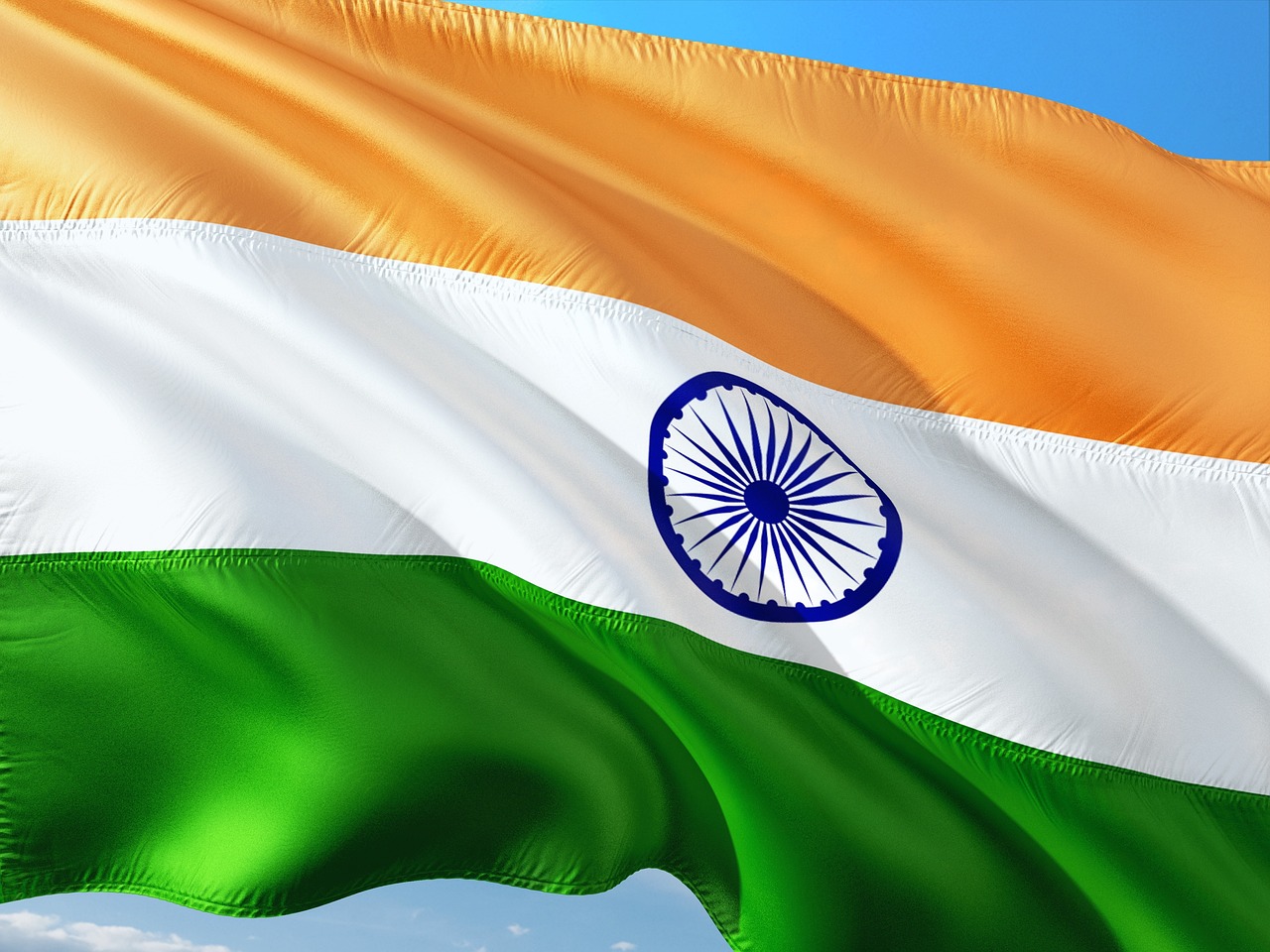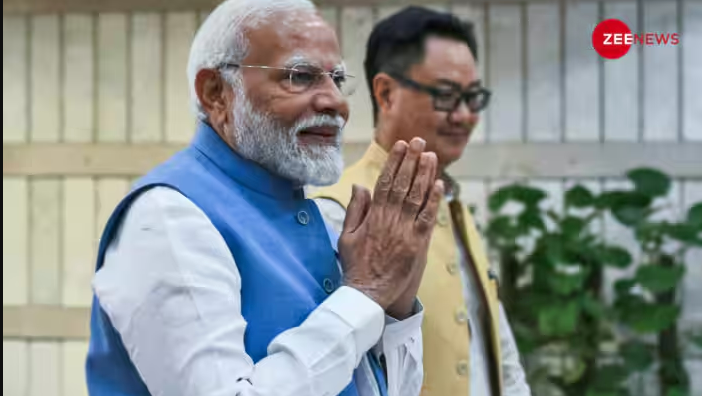India’s ruling party yesterday tabled a parliamentary bill to synchronise state and national elections, a proposal that would vastly extend what is already the world’s largest democratic exercise.
Prime Minister Narendra Modi and his ruling Bharatiya Janata Party (BJP) say the concurrent polls proposed by the “One Nation, One Election” bill would cut costs, but opposition parties condemned the move as bid to bolster power.
The bill “proposes aligning the election cycles” of the national parliament in New Delhi with state assemblies, India’s justice ministry said in a statement yesterday.
“By synchronising these electoral timelines, the approach aims to address logistical challenges, reduce costs, and minimise disruptions caused by frequent elections,” it added.
“This would allow voters to cast their ballots for both tiers of government on the same day in their constituencies, though voting could still occur in phases across the country.“
Main opposition party Congress said yesterday it “firmly, totally, comprehensively” rejects the bill, with spokesperson Jairam Ramesh calling it “unconstitutional”.
MK Stalin, chief minister of the southern state of Tamil Nadu, said the bill was “impractical” and would drive India “into the perils of (a) unitary form of governance, killing its diversity”.
The All India Trinamool Congress claimed the bill was “nothing but a power grab disguised as electoral reform”.



